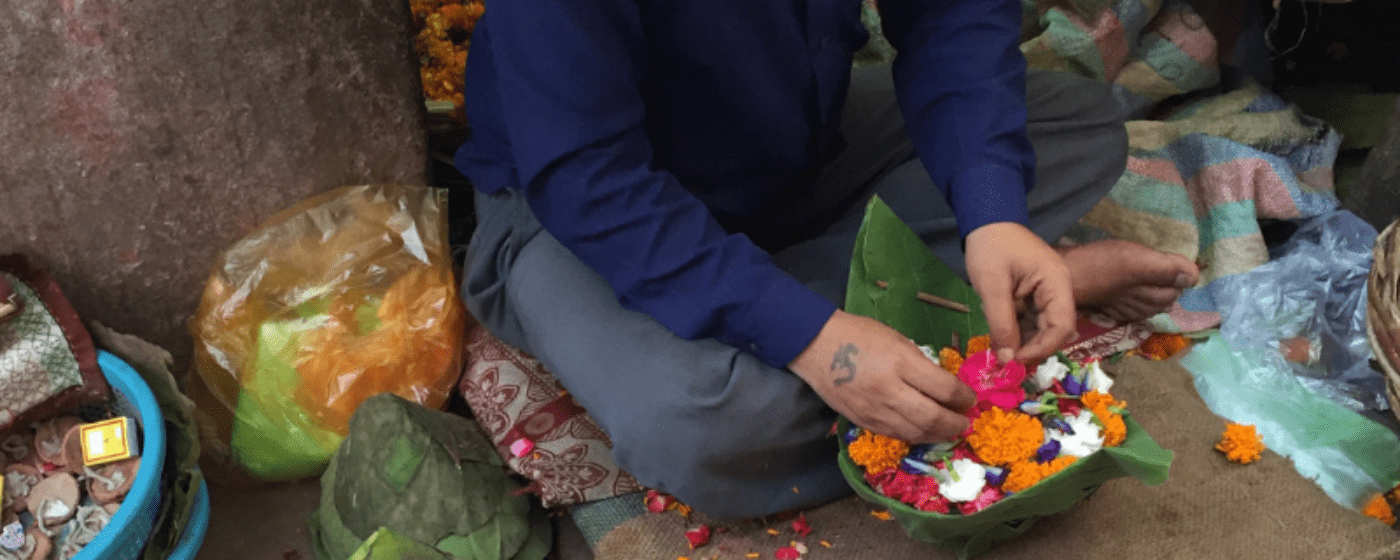This year’s Research Network, selected through open call, will expand on the previous series Duties of Self-Care with artists looking deeper into the complexities of our relationship with ourselves, each other and the earth. Knowledge and affect are spun between humans and non-humans, resources flow and power is abused. We exist in relation to each other, ancestors, elements, spirits, computers, bacteria, planets and plants. Self-care necessitates collective care. More-than-Human Care challenges structural oppressions and enables us to understand our intersecting existences.
Join us at the Stuart Hall Library for the public programme and continue the conversation on our Research Network Facebook page.
Iniva Public Programme
24 April 2019
Angela Chan / Worm will present research on communicating climate change through contemporary Chinese speculative and science fiction, and explore the interconnected environmental and socio-economic issues in China today. Responding to Angela, writer, curator and artist Ama Josephine Budge will discuss speculative climate stories from a West African perspective.
23 May 2019
Stuart Hall Library Research Network Reading Group, Climate-Fiction: Colonised Voices in Time
13 June 2019
Artist and researcher Dr Luiza Prado presents a performance-lecture “The Weeds Became Long Graceful Grasses”, with writer and Sexual and Reproductive Health Doctor, Dr Annabel Sowemimo as respondent.
Prado’s performance-lecture will examine tensions between indigenous knowledge, colonial sexual structures and birth control in Brazil. She will poetically narrate a semi-fictional story of two women sowing a garden of contraceptive plants outside site of the Brazil’s National Museum that was recently destroyed by fire. Together, both practitioners will examine alternative methods of birth control and the cultural and political significant of plants in context of colonial sexual domination.
25 July 2019
Research Network Reading Group: Language of Empire in Reproductive Rights
24 September 2019
Research Network Reading Group: Surviving on a damaged planet
8 October 2019
Multi-disciplinary artist Ayesha Tan Jones presents “Optimystic Dystopia” a performative talk in conversation with artist and writer susan pui san lok.
Ayesha will explore the spiritual practice of self-care in an alternative, queer, optimistic dystopia. They will be screening a preview of a new ongoing project “Lyf After Screen”, a mockumentary of survival techniques passed down through ancestors to endure an apocalypse. In conversation with susan they will seek to create narratives that inspire hope and renewal within the framework of apocalypse.
23 October 2019
Researcher and curator Ali Nobil Ahmad presents current work on “Film and Political Ecology in the South” with Dr Nicole Wolf as respondent.
This interactive talk will address questions of how we better represent environmentalism in the global South with reference to contemporary filmmaking from Asia and Africa and textual readings around political ecology, environmental humanities, social science and cultural studies.
12 November 2019
Research Network Reading Group: Screen Ecologies
December 2019 [Postponed]
Researcher and writer Elizabeth Atkinson and artist and curator Olga Koroleva present a collaborative lecture-performance. Respondent to be confirmed.
This research presentation, initiated by Koroleva, will respond to their concept of “patterns of care” which responds to a vulnerability that exists across species. By engaging with the work of anthropologists such as Anna Tsing and Kim TallBear, they will consider how Western thought might incorporate indigenous perspectives to confront the social impacts of globalisation.
22 January 2020
Research Network Reading Group: Wretched of the Earth
18 February 2020
Artist and researcher Stephanie Moran presents “Ecological Sci-fi” with Keiken Collective as respondent.
Moran’s PhD research imaginatively inhabits ‘interspecies’ sensory perception and cognition, and ways in which digital platforms may be re-purposed for these ends. Framed by Sylvia Wynter’s decolonial ecological thought, and her use of Gregory Bateson’s ‘descriptive statement’ of the human, this presentation will explore the use of technologies and speculative artistic practice. Keiken Collective will respond and discuss Moran’s research towards ecological science-fiction group storytelling.
10 March 2020
Research Network Reading Group: Sci-fi World Building
Listen to the events here:
The Research Network was managed by Tavian Hunter and Priya Jay.
